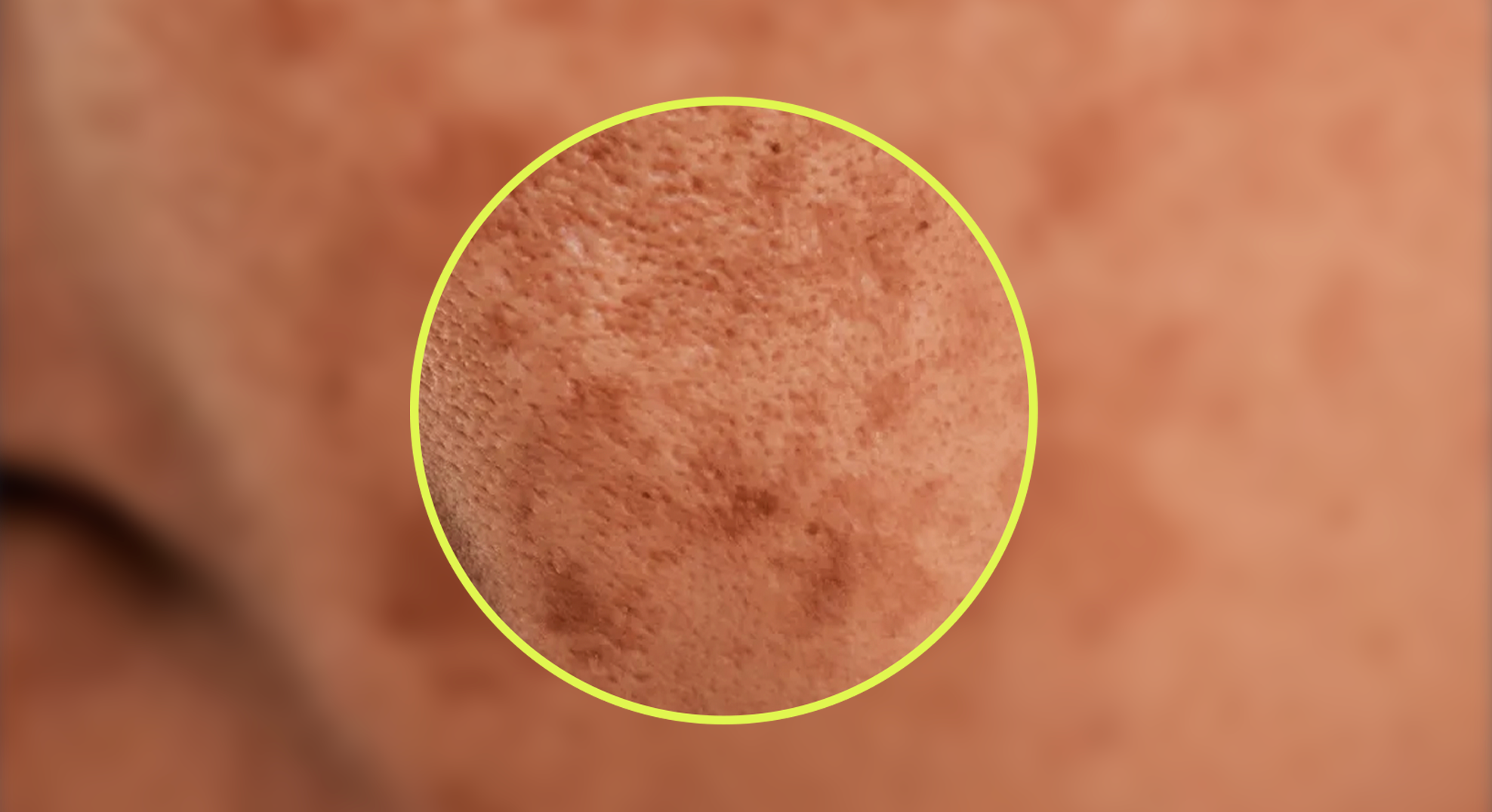3rd OCT 2025
Uneven Skin Tone Mistakes

Skinsights > Uneven Skin Tone Mistakes
Uneven Skin Tone? Six Common Mistakes to Avoid
- Uneven skin tone is one of the most common skincare concerns. It can show up as dark spots, marks left behind by acne, or a general sense of dullness across your skin. The good news? There are proven ways to improve it. You have the power to achieve a more even, radiant complexion. The bad news is that many people unknowingly make mistakes that can delay results or even make pigmentation worse.
- Feeling good about your skin is a journey, and we're here to guide you. This article will walk you through the common pitfalls to avoid when treating uneven skin tone, and introduce the right, science-backed approaches to help you get the results you deserve. Let's get your skin glowing.
Common Mistakes to Avoid
1. Skipping Sunscreen
- This is the big one. UV radiation from the sun is the number one cause of hyperpigmentation. It triggers your skin to produce more melanin, which leads to dark spots. Even if you are diligently applying brightening treatments at night, skipping your daily SPF will completely undo all your progress. Sun exposure is like pouring fuel on the fire you're trying to put out.
2. Over-Exfoliating
- When you see uneven texture or dullness, it's tempting to scrub it all away. But aggressive scrubbing or using multiple exfoliating acids every day is a fast track to a damaged skin barrier. This can lead to irritation, redness, and something called post-inflammatory hyperpigmentation (PIH)—the very thing you're trying to treat.
3. Chasing Quick Fixes
- Pigmentation is stubborn. It develops over time, and it takes time to fade—often weeks or even months. Turning to extremely strong at-home peels, harsh DIY remedies, or unverified 'miracle' lightening creams in search of a rapid transformation often causes more harm than good, leading to chemical burns and increased inflammation.
4. Not Treating the Root Cause
- Uneven tone doesn’t always stem from sun damage alone. It can be a symptom of other underlying issues. Hormonal fluctuations can cause melasma, acne breakouts can leave behind persistent dark marks, and inflammatory conditions like eczema can also lead to discoloration. If you only focus on brightening products without addressing the trigger, the problem will likely keep coming back.
- What to do instead: Identify and manage the underlying cause. If you're struggling with acne, focus on a routine that helps prevent breakouts. If you suspect hormonal changes, consulting a professional can help you manage the effects on your skin.
5. Ignoring Consistency
- Skincare is a marathon, not a sprint. Many people get discouraged and stop their treatment routine right when they start seeing the first signs of improvement. Unfortunately, pigmentation can rebound quickly if you don't maintain a consistent routine.
- What to do instead: Stick with it. Once you find a routine that works, consistency is what will deliver and maintain your results. Make it a non-negotiable part of your daily self-care.
6. Relying Only on In-Clinic Procedures
- It’s tempting to think that one or two fancy in-clinic treatments can solve all your pigmentation woes, but that’s not the case. These procedures can definitely give great results, but without a solid, consistent skincare routine to back them up, the effects are often short-lived. Skincare and treatments go hand in hand!
The Right Approach to an Even Complexion
- Now that we know what to avoid, let's focus on what truly works. A smart, science-backed approach will get you much closer to your skin goals.
1. Use Gentle, Proven Actives
- Incorporate ingredients that are clinically proven to address pigmentation and improve skin tone. Look for products containing:
- Vitamin C: A powerful antioxidant that brightens skin, protects against free radical damage, and helps prevent new pigmentation from forming.
- Niacinamide: A versatile ingredient that is excellent for reducing uneven tone, minimizing redness, and strengthening the skin barrier.
- Azelaic Acid: Particularly effective for post-acne marks and redness, it gently exfoliates and has anti-inflammatory properties.
- Retinoids: These vitamin A derivatives accelerate skin cell turnover, helping to fade existing dark spots and reveal a more even complexion underneath.
2. Repair and Protect Your Skin Barrier
- A healthy skin barrier is fundamental to clear, even skin. When your barrier is strong, your skin is better equipped to repair itself and heal discoloration more efficiently.
- What to look for: Use moisturizers containing ingredients like ceramides, peptides, and fatty acids. These help restore your skin's natural balance and resilience.
3. Consider Prescription-Based Formulas
- For deeper or more resistant pigmentation like melasma, over-the-counter products may not be enough. This is where prescription-strength ingredients can make a significant difference. A dermatologist can assess your skin and may recommend:
- Hydroquinone: A powerful skin-lightening agent, it should only be used for short periods under the strict supervision of a dermatologist to avoid side effects.
- Tretinoin: A potent prescription retinoid that dramatically speeds up cell turnover to lighten pigmentation.
- Combination Formulas Dermatologists often prescribe custom-blended formulas that combine ingredients like hydroquinone, tretinoin, and a mild steroid to tackle stubborn cases effectively.
Find Your Formula
- Treating uneven skin tone is entirely possible, but it requires a smart and patient approach. By avoiding common mistakes and focusing on proven, consistent methods, you empower yourself to achieve the beautiful, even complexion you're aiming for.
- Your skin is unique, and so is its journey. If you're tired of the guesswork and ready for a solution tailored specifically for you, working with a prescription skincare service or a dermatologist can help you find the right formula to unlock your skin’s full potential.

